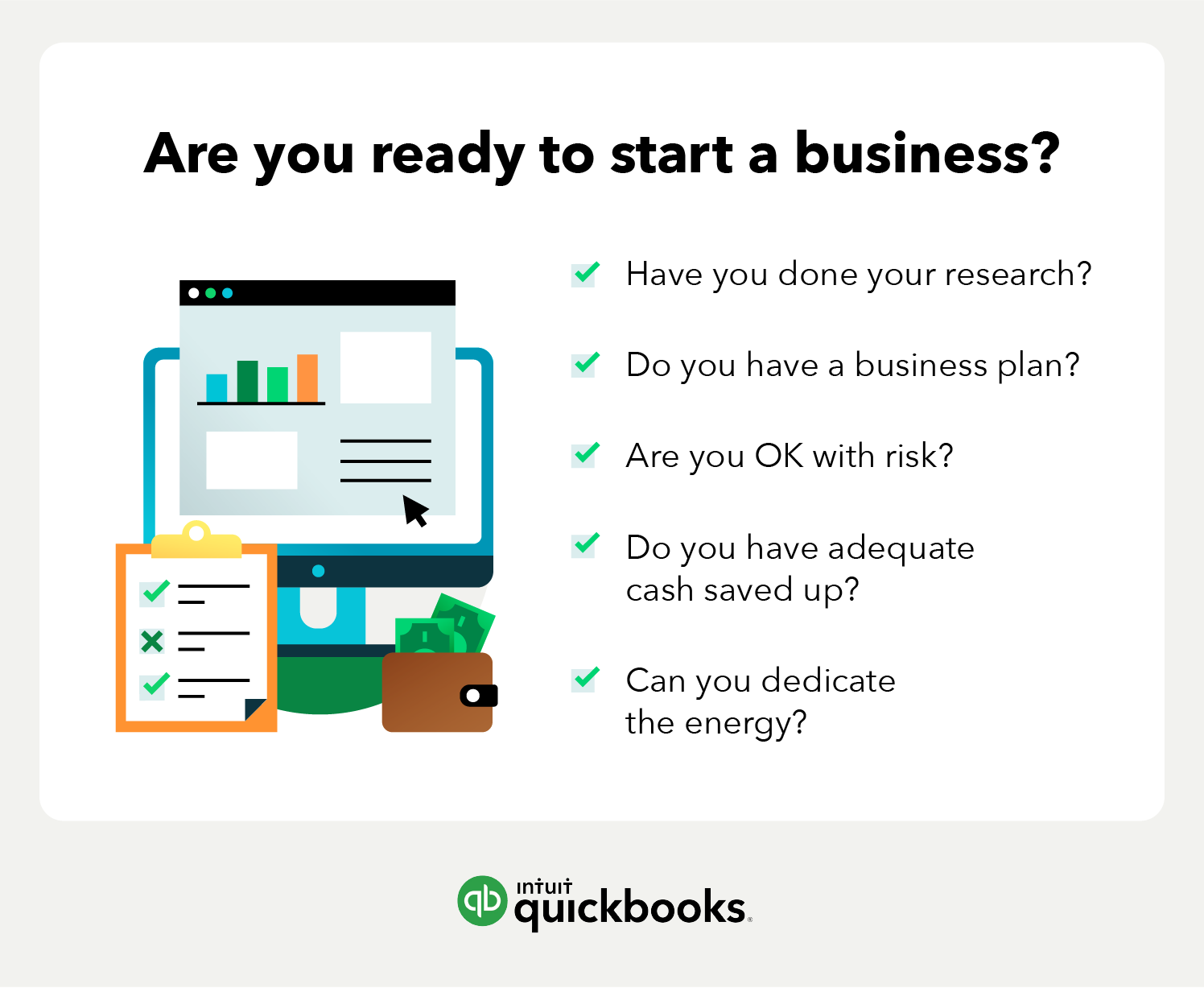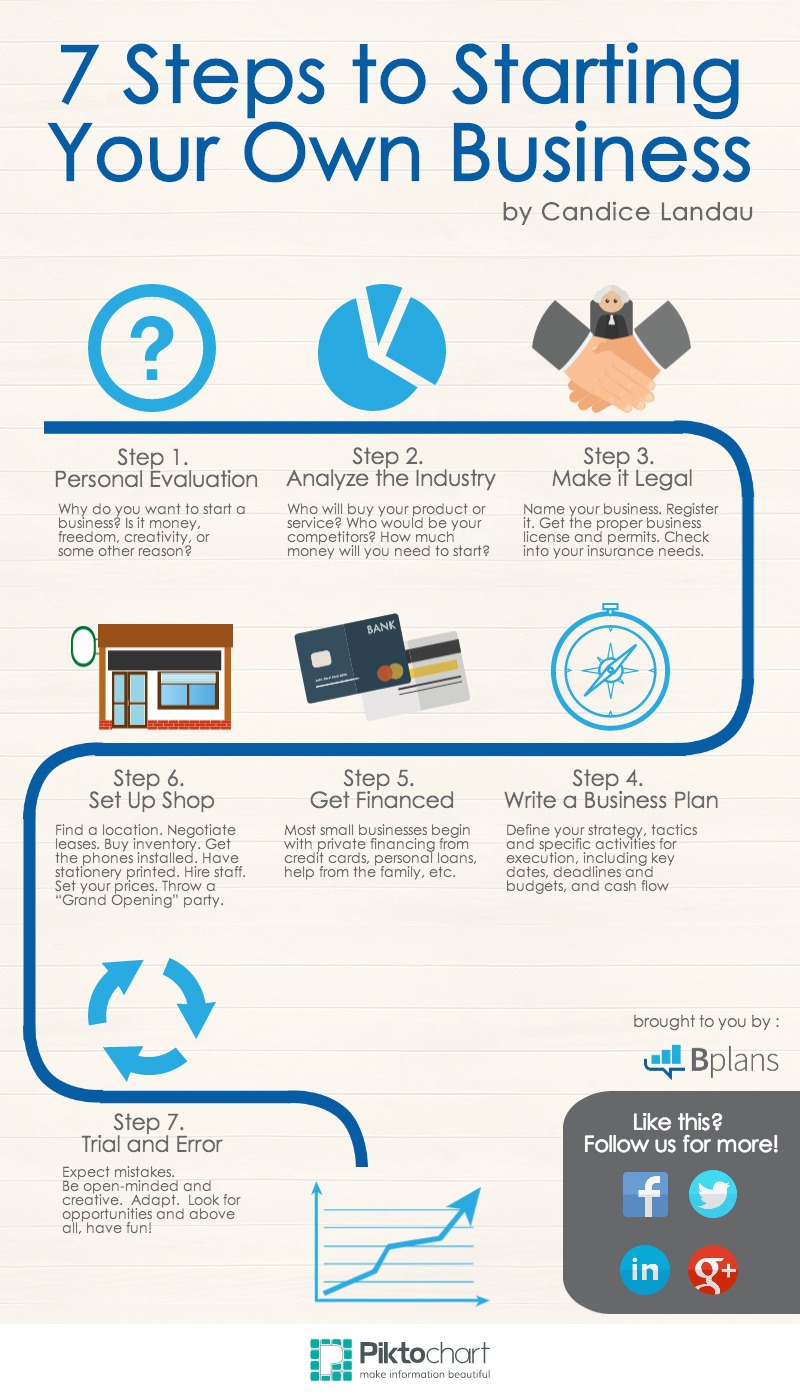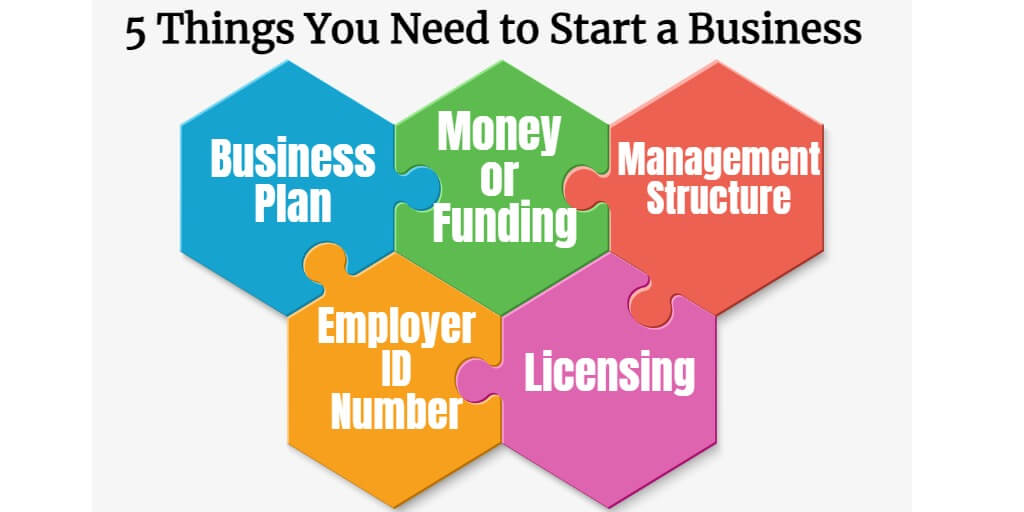What Needs To Be Done To Start A Business

The dream of launching a successful business is a powerful motivator for many. However, turning that dream into reality requires more than just passion. It demands careful planning, diligent execution, and a thorough understanding of the entrepreneurial landscape.
This article explores the essential steps and considerations necessary to start a business, drawing on expert advice and industry best practices. It aims to provide a comprehensive guide for aspiring entrepreneurs navigating the complexities of launching their own ventures. The process, while daunting, can be broken down into manageable stages.
Laying the Foundation: Idea Validation and Market Research
The initial step is identifying a viable business idea. This involves pinpointing a problem that needs solving or a gap in the market that can be filled.
Thorough market research is crucial at this stage. Understanding your target audience, identifying competitors, and analyzing market trends are essential for validating your business idea.
According to the Small Business Administration (SBA), many startups fail due to a lack of market demand. Validating your idea before investing significant resources is therefore paramount.
Developing a Business Plan
A well-structured business plan serves as a roadmap for your venture. It outlines your business goals, strategies, and how you intend to achieve them.
The plan should include a detailed market analysis, a description of your products or services, your marketing and sales strategies, and your financial projections. The business plan should act as an internal document to keep the company on track.
A comprehensive financial section is particularly important. This should include projected revenue, expenses, and cash flow statements.
Securing Funding and Resources
Most businesses require funding to get off the ground. There are various funding options available, including personal savings, loans from banks or credit unions, angel investors, and venture capital.
The SBA offers several loan programs designed to help small businesses secure funding. Researching and understanding these programs can be a significant advantage.
Choosing the right funding source depends on your specific needs and circumstances. Each option has its own advantages and disadvantages.
Legal and Regulatory Compliance
Establishing your business legally is a critical step. This involves choosing a business structure (e.g., sole proprietorship, partnership, LLC, corporation) and registering your business with the appropriate government agencies.
You'll also need to obtain the necessary licenses and permits to operate legally. Requirements vary depending on your industry, location, and business structure.
Consulting with a lawyer or business advisor can help ensure that you're complying with all applicable laws and regulations. This is especially important to protect you from liability.
Building Your Brand and Reaching Customers
Developing a strong brand identity is essential for attracting and retaining customers. This involves creating a unique brand name, logo, and messaging that resonates with your target audience.
Effective marketing is crucial for reaching potential customers. This can include online marketing (e.g., website, social media, search engine optimization), traditional marketing (e.g., print ads, radio ads), and public relations.
Building a strong online presence is increasingly important in today's digital age. A user-friendly website and active social media presence are essential for connecting with customers.
Managing Operations and Growth
Once your business is up and running, it's important to focus on managing operations efficiently. This includes managing your finances, inventory, and employees effectively.
Continuous improvement is key to long-term success. Regularly evaluate your business processes and identify areas for improvement.
Be prepared to adapt to changing market conditions and customer needs. Flexibility and adaptability are essential traits for entrepreneurs.
Starting a business is a challenging but rewarding endeavor. By following these steps and seeking expert advice, aspiring entrepreneurs can increase their chances of success. Remember, the journey requires dedication, perseverance, and a willingness to learn and adapt.

![What Needs To Be Done To Start A Business How to Start a Small Business in 13 Steps [2024 Guide] - Step By Step](https://stepbystepbusiness.com/wp-content/uploads/2022/01/How-to-Start-a-Business_Challenges-1.jpg)





![What Needs To Be Done To Start A Business How to Start a Business: A Startup Guide for Entrepreneurs [Template]](https://blog.hubspot.com/hs-fs/hubfs/tips-for-starting-a-business.png?width=1125&name=tips-for-starting-a-business.png)










